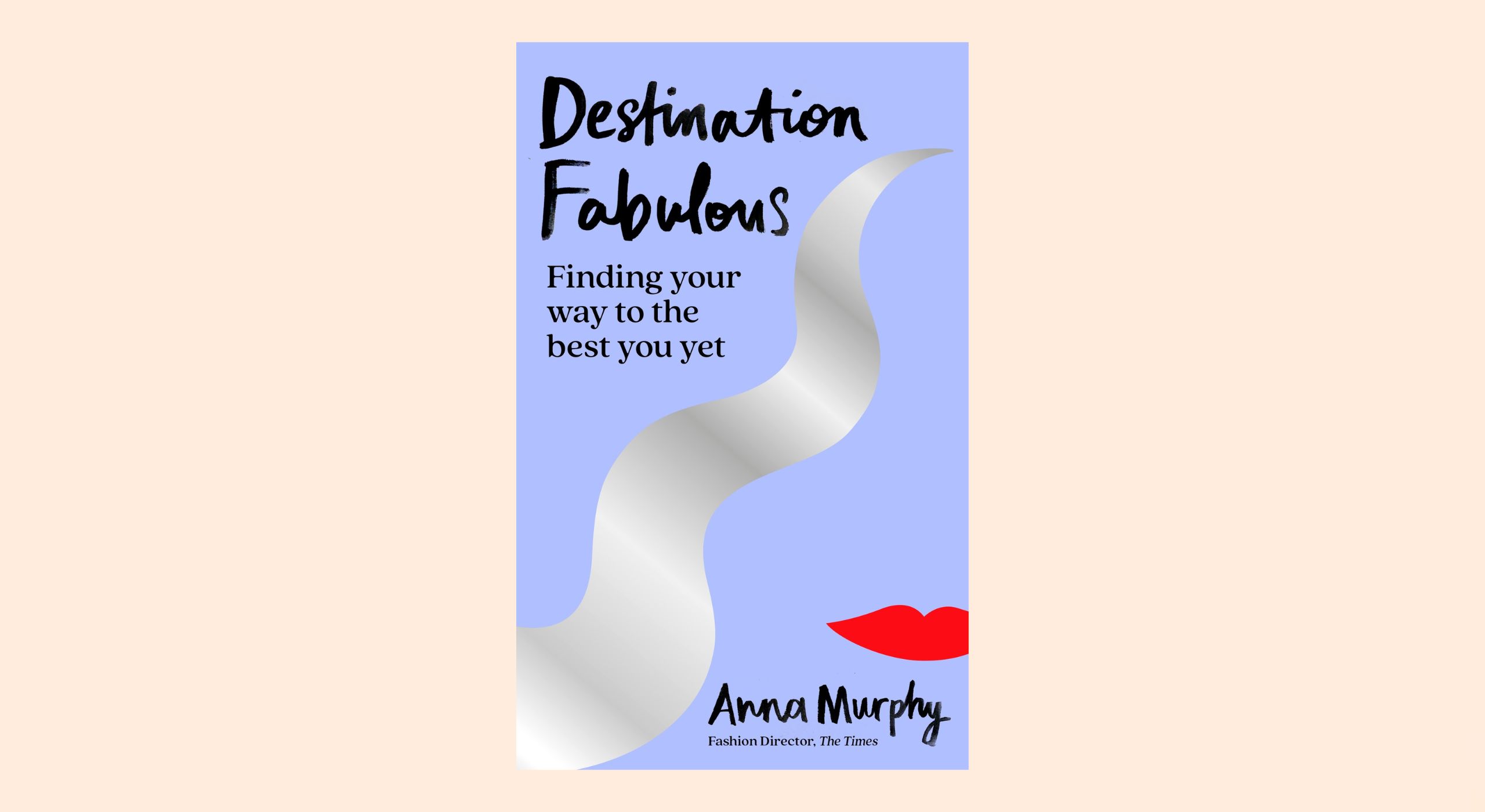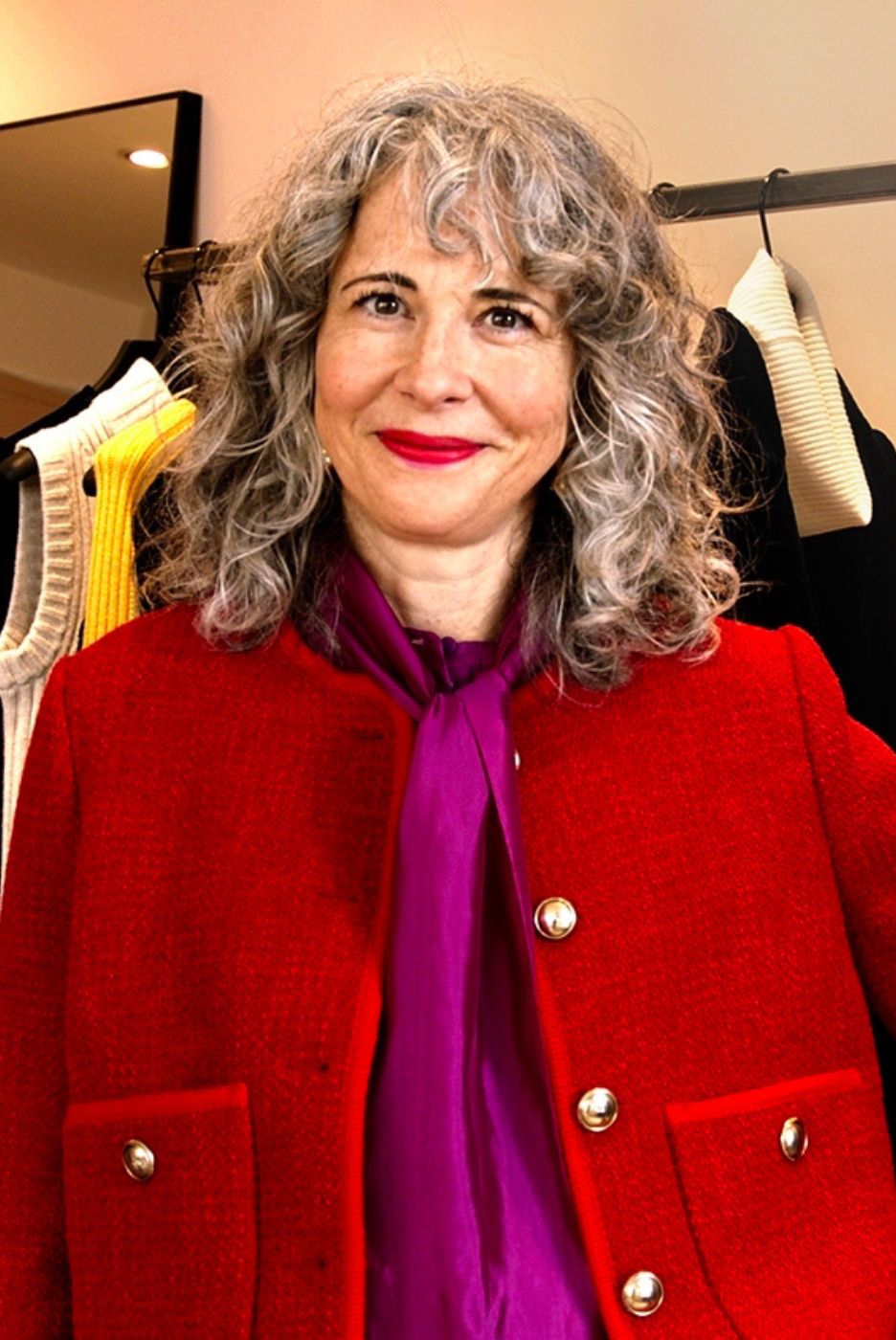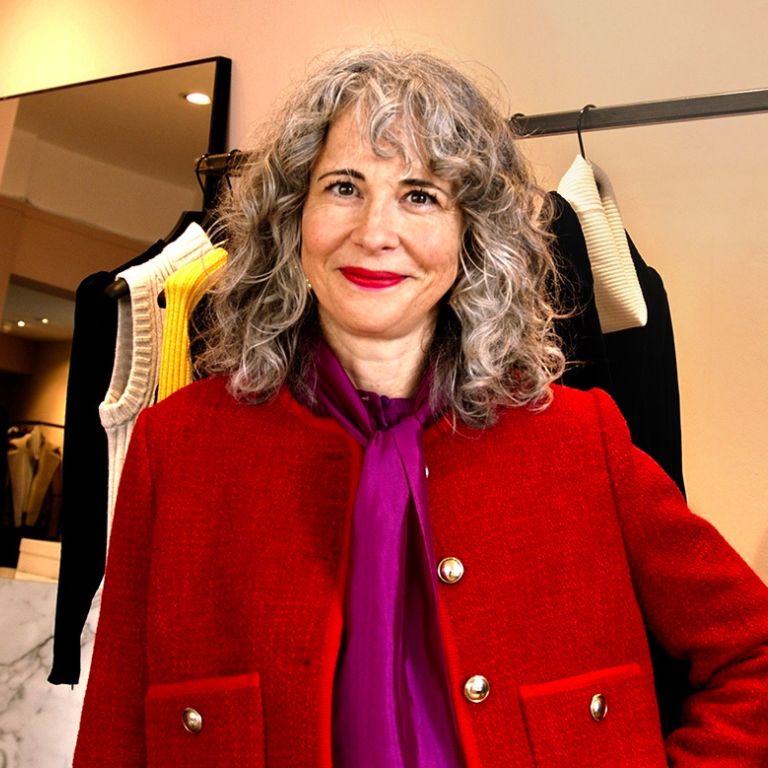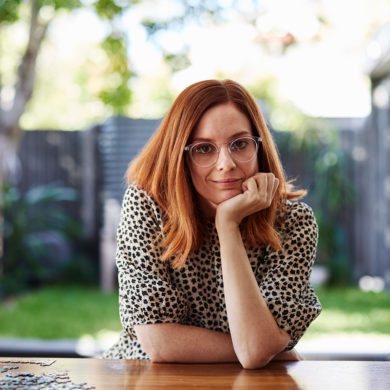I was once invited to a flashy dinner full of rich, beautiful women. Not everyone looked bad, but they all resided in a strange twilight zone of agelessness, anywhere between 30 and 60. Which, to be clear, didn’t mean that they looked 30, or indeed 60, but like another species entirely. Nobody could smile fully or raise an eyebrow.
My initial response was to reel at the kabuki-ness of the collective appearance of these women. Yet by the time I left I was wondering if I was unduly lined. Then I returned to my world where – by and large – women’s faces move, and everything was fine again. Those women never leave this milieu, and a peculiar aesthetic becomes normalised, desirable; a prerequisite part of keeping up with the Joneses.
As this socio-cultural shift spreads further, and as our screens and magazines are increasingly populated almost entirely by women who, if they are not young, and often even if they are, have faces that are synthetically adjusted, we are all at a version of that dinner party.
“On so many levels it is wrong,” said the actor Lesley Manville, 66, of plastic surgery in an interview in 2021. “What are you going to do when you are 90 and looking 25? It’s crazy. We get older, we die. You might as well embrace it.”
Or as another actor, Helena Bonham Carter, 56, puts it: “Collagen is not the only form of sexiness; there’s character, fun, mischief and humour.” Hear, hear.
And yet it has become commonplace in our culture to see ageing – and the physical evidence of it – as a diminution.
Collagen is not the only form of sexiness; there’s character, fun, mischief and humour.
Certainly, you say goodbye to things: to the face you once had; to the body you once had; perhaps to ideas you used to hold about who you were or who you were going to become.
Yet why does saying goodbye have to be a bad thing? The Dalai Lama talks about cognitive reframing, a central tenet of Buddhism. Saying goodbye to what’s old opens up the space for you to say hello to what’s new. It is an act that can be an augmentation, an expansion, the very opposite of getting smaller. It can represent an existential spring-clean, when you can finally get rid of the dust, and move out some of that furniture you never liked in the first place.
Besides, if you are anything like me, you will be bidding farewell to much that is negative and that has never served you: to the insecurity of youth; the lack of confidence; to that tendency to watch yourself in the film of your own life as others might be watching you, rather than simply to live freely, without self-consciousness.
When I was young, I often felt myself to be merely an object of other people’s attentions, be that their expectations for me, their assumptions about me or the fact that they wanted something from me. (Or indeed didn’t.)
These days I am indubitably subject. I live my life for me, not for other people. And how transformative that is proving to be. When you define yourself primarily in relation to others, the danger is that the person who matters most – you – gets overlooked. Your needs and desires get lost and/or conflated with other people’s.
I am in no danger – finally – of doing that anymore. The move from object to subject has been one of the most important farewells of my life, and out of it have come myriad hellos, the two inextricably linked.
Let’s look a little more closely at the topic of the male gaze, because for me this is one of the most interesting goodbye-hellos around. People often talk about the invisibility that comes with growing older as a woman. In as much as that is the case – and I believe the way you act and dress can scupper this cliché along with many others – I would argue that with this supposed loss comes freedom.
Consider the nature of that youthful visibility, the degree to which it is predicated on your physicality, and by extension your sexuality, both of which can be treated as if they were public property, regardless of your thoughts on the matter. It’s one thing to be found sexually interesting by someone you are interested in. It’s another entirely to have other people’s desires imprinted upon you when you don’t want anything to do with them.
The move from object to subject has been one of the most important farewells of my life.
To be leered at and leched over is unpleasant. That is what being in your teens and twenties can entail, day after day, week after week. When we are living through it we experience it as a nuisance, a burden, an infringement, an assault.
Why should we lament that kind of passing? And yet, as they age, many women do. They find themselves feeling wistful about the attention they once received.
There’s a great scene in April De Angelis’ play Jumpy (2011) exploring just that, when 50-something Frances reminisces with her friend Hilary about being catcalled. “I used to love that. Being a young woman being sexy on a bike.”
“You hated that, we both did,” counters Hilary. Frances says that she thought she hated it at the time, but now she misses it. She goes on to recount a recent night out in a bar when she could feel herself receiving admiring glances from afar. “This man my age, looked older, and not as attractive as me. OK, though, worth a punt. I could sense him at the edges of my force field being drawn in by my magnetism.”
She decides to walk past him on the way to the loo. “Thought I’d give him the full impact of my many charms at close quarters. I smiled, looked him straight in the eye. Dead. Not so much as a flicker. Total reptilian blank.”
What we miss is the ego-trip. Yet what age gives us, in this and so many other ways, is the opportunity to transcend so much of the nonsense that comes with ego. Frances doesn’t particularly like this man. He is only “OK”, only “worth a punt”. But her ego wants him to like her. What’s more, we forget the grief that can come with this kind of attention. It is another example of those rose-tinted spectacles through which we are programmed to see being young.
We look back on our youth as all being good, rather than enacting a more honest appraisal, which would remind us that for almost every upside, there is a downside. Certainly, there is some fun to be had when you are at your most sexually magnetic, but it is also limiting. You are more than the sum of your looks, not to mention your gender – or at least you should be – and when you are young you can be denied the opportunity to prove that fully.


Ours is a society which is far too focused on the superficial. Women in particular, however much we may resist the idea in theory, are brought up to focus on how we look and – relatedly – our sexual desirability. It’s hardly surprising. For centuries this was one of the only sources of power, and indeed means of survival, available to us.
As you grow older you can be seen on your terms, not least because you know for yourself what those terms are; who you actually are. Far more importantly, you can be heard if you choose to live expansively, truthfully, openly, loudly.
People like to put other people into boxes. It makes life easier in theory. It’s hard to resist being put into a box when you are a young woman. As you grow older it can actually become easier to avoid being boxed up and stashed away. That is if you choose to age differently from the norm. To be non-conformist is to be seen.
In my experience, the very things that you were warned against can be the very things that surface you like nothing else. Forget the idea of fading to grey, for example. Saying goodbye to my dark brown hair, and saying hello to my grey, has been one of the most attention-grabbing acts of my life to date.
I am also far more expressive now in my choice of clothes. I wear a lot of colour. I wear the kinds of things that a 50-year-old would never have worn a couple of generations ago. A fuchsia jumpsuit. Silver boots. A jacket with sequin flowers. Outsize jewellery and, as often as I can summon it, an outsize smile, highlighted with one of my favourite lipsticks. People call out to me happily several times a week. Men and women of all ages. This isn’t catcalling. The energy is entirely different. It feels consensual. It feels celebratory. I am dressing to make myself happy. But what a pleasing by-product that I should be making other people happy too.
Indeed, I would go as far to say that I am more visible now than I have ever been before. Of course, I care about how I look and I work at how I look, but I care far more about, and have worked far harder at, who I am. And that shines out of me, too.
As you grow older you can be seen on your terms, not least because you know for yourself what those terms are; who you actually are.
When I turned 50, I wrote an article about my new visibility. In the same magazine there was an interview with Paulina Porizkova, once the highest-paid model in the world, and a few years older than me. “I am now completely invisible,” she said. “I walk into a party, I try to flirt with guys and they will just walk away from me mid-sentence to pursue someone 20 years younger.”
How could a woman who is so beautiful feel like this, when an ordinary-looking woman like me feels the opposite? Because, of course, hers has been a looks-driven existence. Her looks have been her job; more than that, her identity. The challenge that we all face as we age is to tune into our depths and become less concerned with our surfaces; to build a sense of self and of self-worth that isn’t wrapped up with our appearance. That is perhaps yet more of a challenge for someone who looks like Porizkova.
As for those parties she talks about, these are the kind of parties that – and I know, because occasionally, as a fashion journalist, I am invited to similar events – are filled with people, men and women, who are more interested in transaction that in true connection.
How could a woman who is so beautiful feel like this, when an ordinary-looking woman like me feels the opposite?
What Porizkova may not yet realise is that she is saying goodbye to the kind of men who won’t serve her, and who haven’t in the past; men who were interested in her primarily for how she looks rather than who she is. In the same interview she referred to being treated as a “trophy” by her ex-husband, the late musician Ric Ocasek of The Cars. “When you are a treasured possession, as opposed to a person who is loved, you don’t get to grow older. You have to stay the person they’re obsessed with.’ These are the men who are walking away from her at parties.
Porizkova is saying hello to the chance to forge a more fully realised version of herself, and find a place in the world that suits her better. “The only way to gain visibility in our society is to look younger,” she says. I believe she is wrong, but she is only rehearsing what we are all told. Now she has the chance to find out her, not to mention our collective, mistake.
What I am saying, in short, is that it’s time to re-evaluate what you are saying goodbye to and embrace what you are saying hello to. I think it’s a good idea to write a two-column list. One column comprises things you think are sad to say goodbye to; the column next to it is for you to come up with those hellos that you have the opportunity to welcome as a result.
Even something as apparently negative as physical decline provides an opportunity to learn. When you are young you can ignore your body, yet ignoring your body is a dangerous thing. As we age, we are forced to check in with it more, and this gives us a chance to look after it more, and appreciate it more. It’s also a chance to go within – to be, rather than to do – with all the potential for wisdom-garnering which comes with that.
“Accept – then act,” says the spiritual teacher Eckhart Tolle in The Power of Now: A Guide to Spiritual Enlightenment (1997). “Whatever the present moment contains, accept it as if you have chosen it. Always work with it, not against it. Make it your friend and ally, not your enemy. This will miraculously transform your whole life.”
To be clear, it’s important – always – to feel what you feel. To deny your emotional truth – how you actually feel about something beneath any layers of denial and/or conditioning about how you should feel about something – is to risk setting it in amber. But feelings should be dynamic. You should move through them, not stew in them for years. The metaphorical sofa that you used to like but is so uncomfortable that you haven’t sat on it in a decade needs to go to make space for something else.
There’s a haiku by Mizuta Masahide, a 17th-century poet and samurai, that sums things up perfectly:
My barn having burned down,
I can now see the moon.
This is an edited extract from Destination Fabulous by Anna Murphy, Octopus, $34.99.












3 Comments